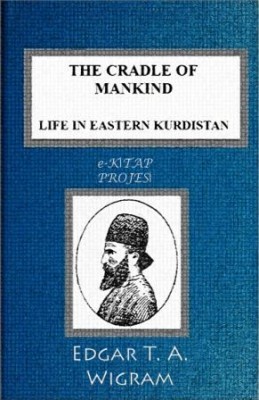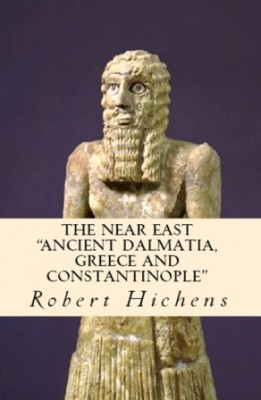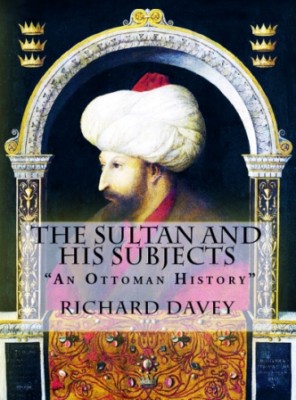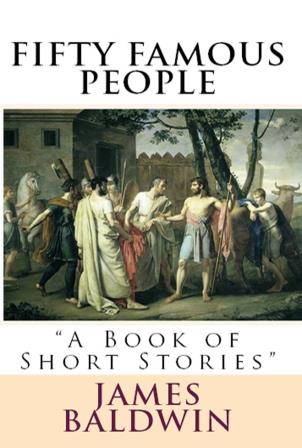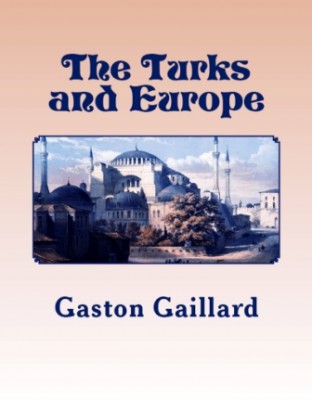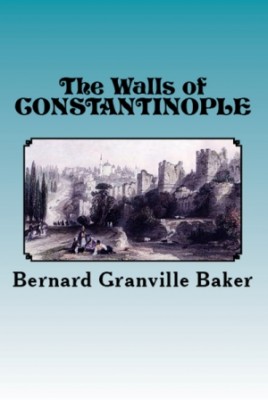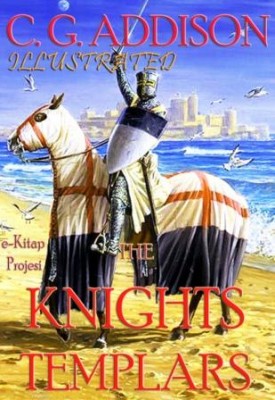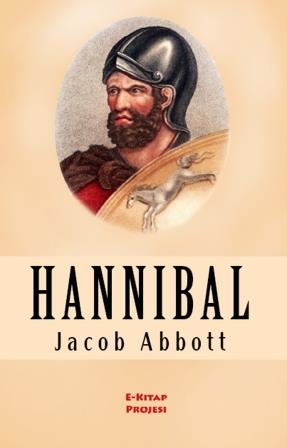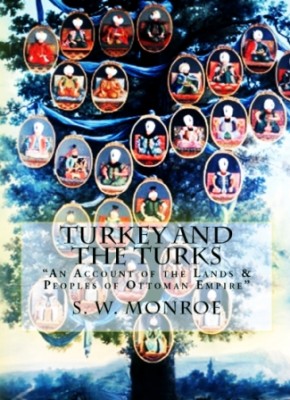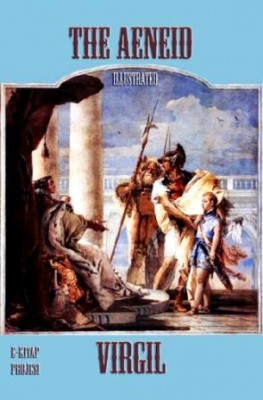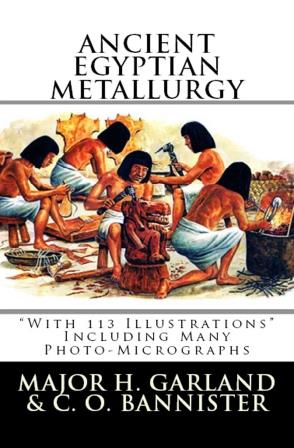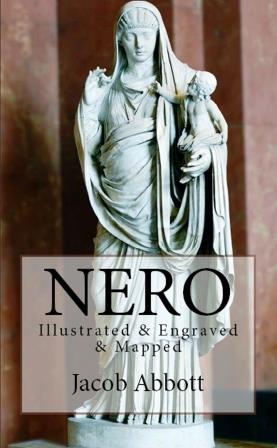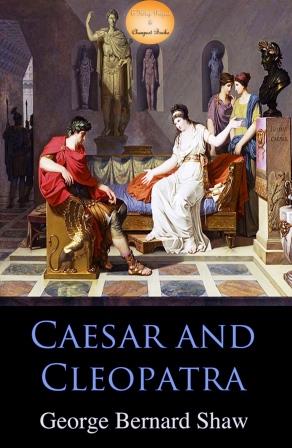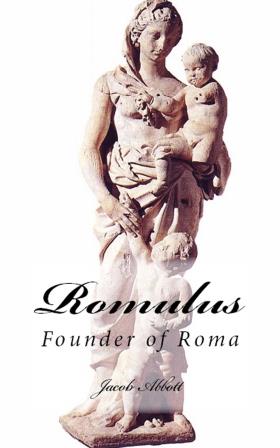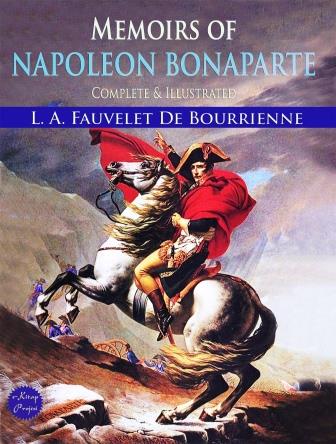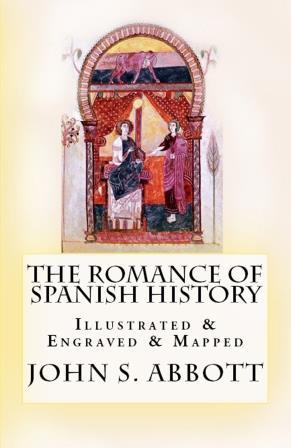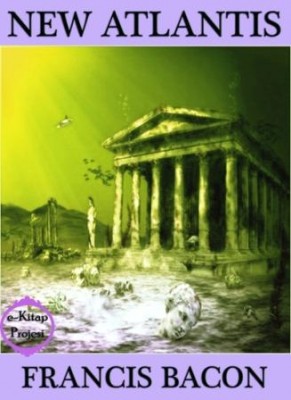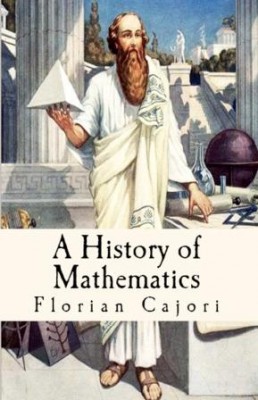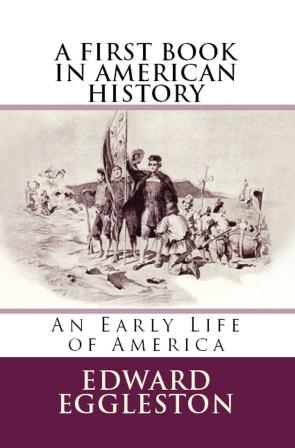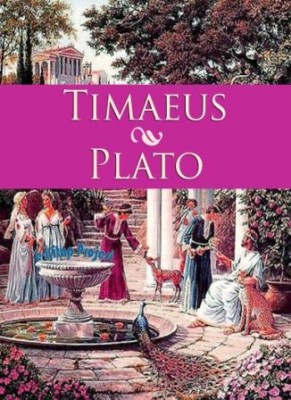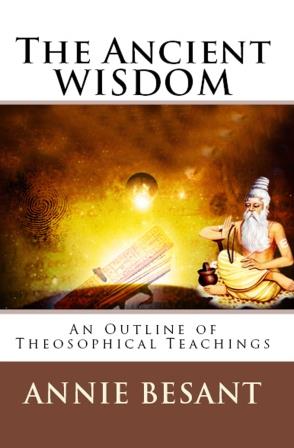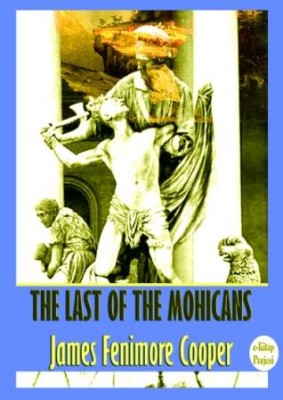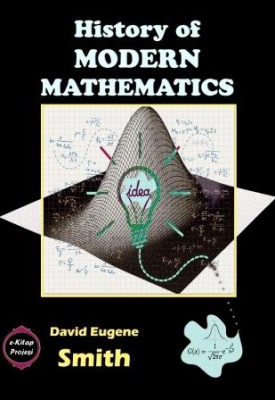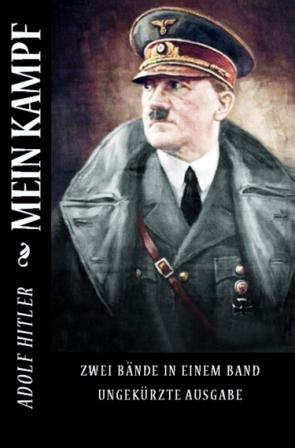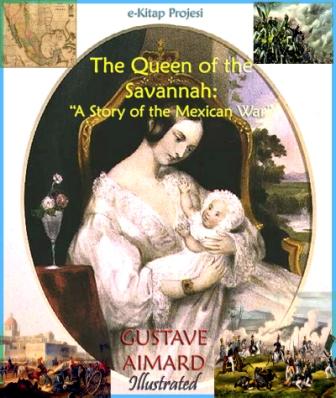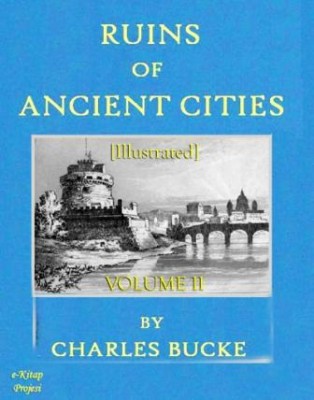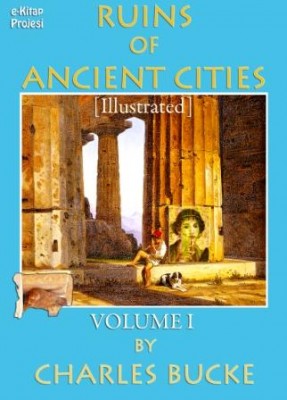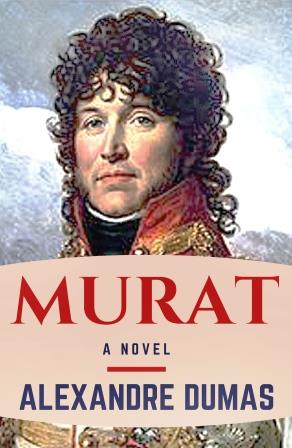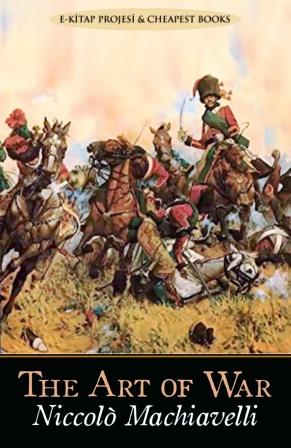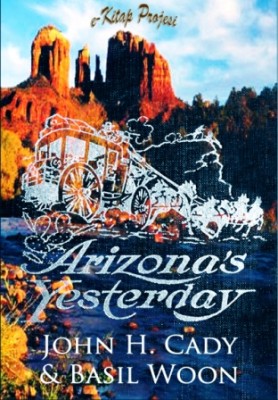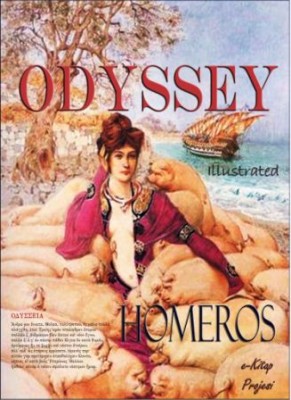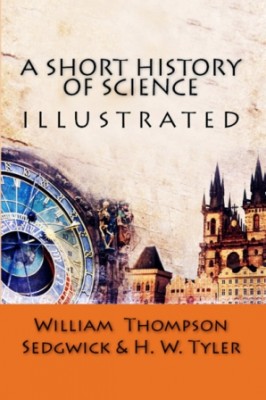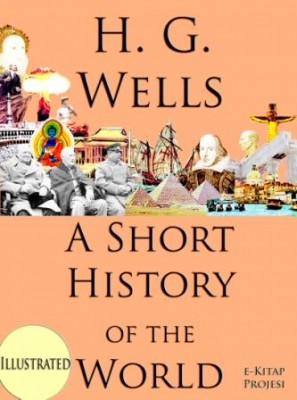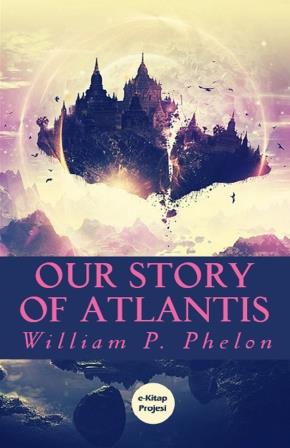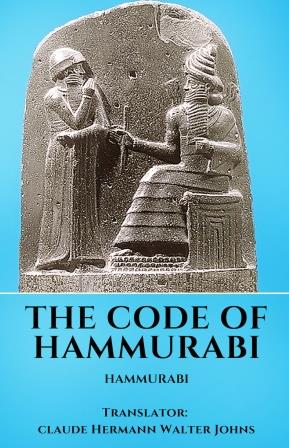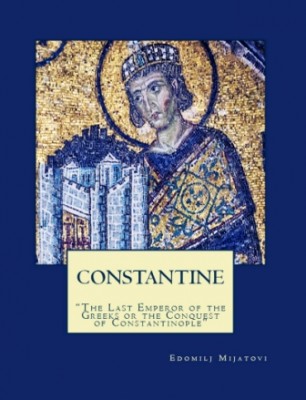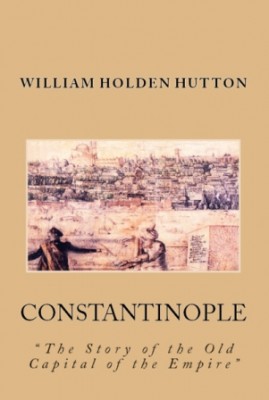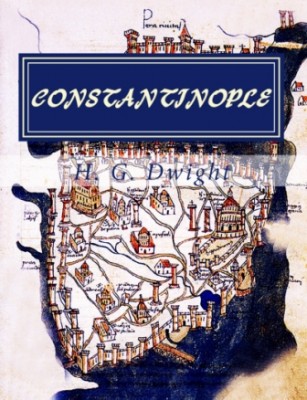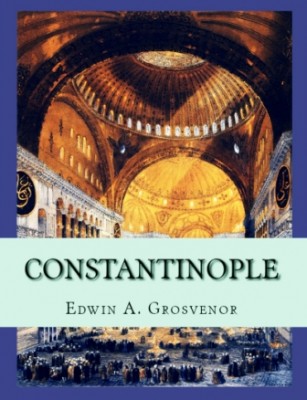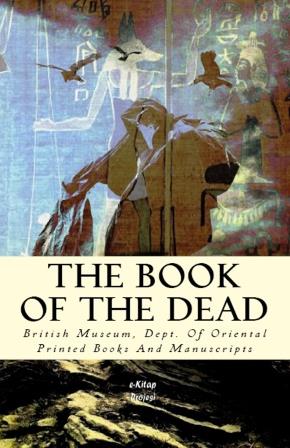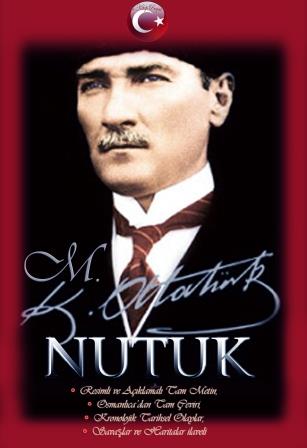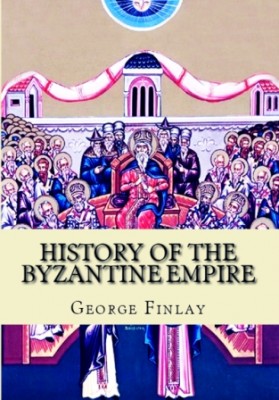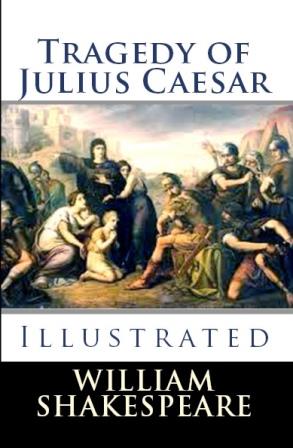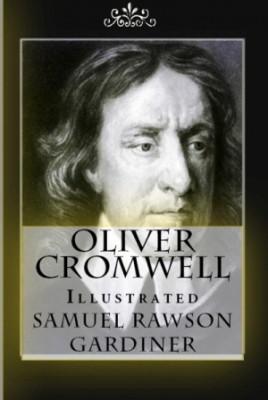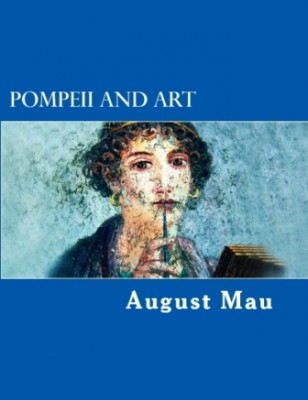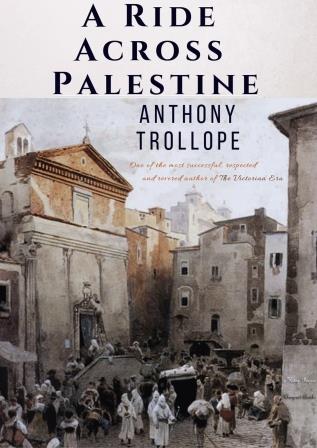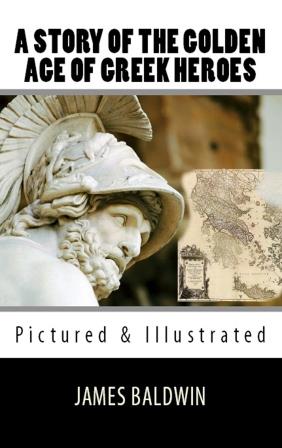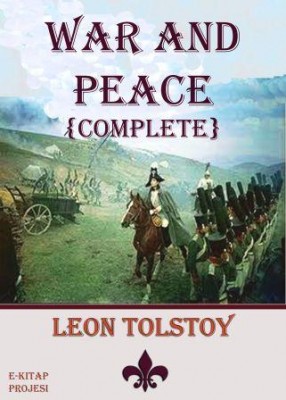THE first sixteen chapters of this book were given to the public in the spring of the year 1914. Since that date the country has acquired an additional interest for Englishmen, owing to the British acceptance of a “mandate” for its supervision and also to the picturesque and heroic part played in the Great War by the “Assyrian” mountaineers.
While no attempt has been made to tell the full tale of “England in Irak,” it has been thought well to take the opportunity given by the appearance of a second edition, and to bring the story of the Assyrian nation up to the date of writing; and the facts which the two concluding chapters record have been collected and verified during a prolonged personal intercourse with the principal actors on the spot.
1922.
THE belated Jinn who emerged out of Suleiman’s Brass Bottle into twentieth-century London found there, amid much that was strange to him, some beings of his own kin. These were the railway locomotives, obviously Jann like himself, but yet more oppressively treated; bound by spells of appalling potency to labours more arduous and wearisome than Suleiman had ever conceived.
And truly his blunder was plausible: for if Jann be extinct nowadays (which one doubts after visiting Asia), then assuredly cylinders and boilers are charged with the might of the Jann. They are set to work regularly now instead of rarely and spasmodically; and though they raise less dust and clamour their net output is considerably more. The slaves of the Lamp and the Ring developed intense explosive energy, but their effective radius was limited. They could rear Aladdin’s palace in a night, or transport him to Africa in a twinkling; but these more domesticated Titans are capable of transmogrifying whole communities, and advancing the clock of progress five hundred years at a span.
And now the modern Magrabis, the busy Western magicians, have let slip these formidable Efrits against the City of Al Raschid himself: and one fine morning his descendants will awake from the slumber of centuries to find themselves environed by a new heaven and a new earth.
The Baghdad railway has started. It has penetrated inland to Aleppo. “That great river, the river Euphrates,” is bitted with its girders and caissons. One more stride will carry it to Mosul across a country so open and even that it needs but the bedding of the sleepers; and a journey which now takes a fortnight will be accomplished in a ten-hour run. What is now a mere stagnant backwater will thus be suddenly scoured out by one of the main channels of the world’s commerce; and who can venture to calculate the changes which will follow? Western reform will not convert the East any more than Alexander’s conquests converted it; but it may evolve unintentionally some new sort of Frankenstein’s Man.
But meanwhile the East waits unconscious. It takes no thought for the morrow. The shadow of coming events is perceived indeed, but not understood. As it was in the days of Noë, so in most things, it still continues: and the traveller of this generation may still find east of Aleppo those manners and customs unaltered, which the next may find clean swept away. Thus it is possible that some interest may attach to a desultory description of life as it is for the moment still enjoyed, or endured, in those regions; and which better ordered communities may perhaps find rather bizarre.
